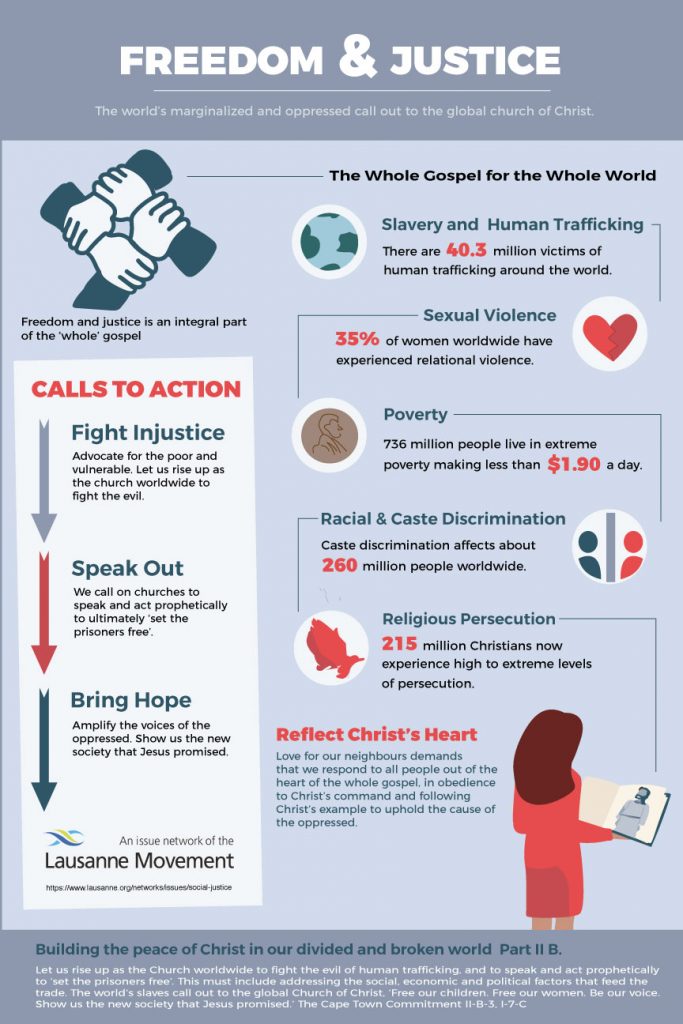Check Out The Fascinating Growth Of Catholic Institutions And Their Significant Effect On Education-- Might Their Traditions Be The Response To Future Discovering?
Check Out The Fascinating Growth Of Catholic Institutions And Their Significant Effect On Education-- Might Their Traditions Be The Response To Future Discovering?
Blog Article
Write-Up Created By-copyright Howe
When you consider the history of education and learning, Catholic institutions attract attention for their deep-rooted traditions and long-term impact. These establishments began as a way to infuse faith and values, but they've adjusted remarkably over centuries. Today, they play an essential function in shaping not just scholastic success but likewise moral integrity. What's fascinating is how they've managed to grow amidst altering social landscapes, raising questions regarding their future relevance and influence.
The Origins of Catholic Education And Learning: A Historic Viewpoint
Catholic education traces its origins back over 1,500 years, when early Christian neighborhoods identified the need for structured knowing. You'll locate that these communities aimed to hand down their belief and worths with education.
https://www.liveinternet.ru/users/clausen_wichmann/post511455092 and basilica colleges ended up being centers of learning, supporting both spiritual and intellectual growth. As you dig much deeper, you'll see that the curriculum usually consisted of philosophy, faith, and the liberal arts, developed to develop well-rounded individuals.
Gradually, the Church established much more formal organizations, making certain that education stayed accessible to all. The dedication to teaching ethical worths and fostering a sense of community has lingered with the centuries, forming the instructional landscape and affecting countless lives worldwide.
This long-lasting tradition remains to influence Catholic education and learning today.
The Development of Catholic Institutions Via Cultural Contexts
As societies progressed, so did the duty of Catholic colleges, adapting to the cultural contexts in which they existed. In https://daily.jstor.org/the-origins-of-lgbtq-affirming-churches/ , these establishments concentrated primarily on religious guideline, however as neighborhoods diversified, they started to integrate local languages, custom-mades, and instructional needs.
You would certainly notice that Catholic colleges frequently ended up being facilities for social communication, promoting a sense of belonging amongst trainees from different histories. In several areas, they resolved societal problems, such as destitution and discrimination, by providing available education and learning for all.
As you discover different societies, you'll see how Catholic schools have changed their curricula and mentor methods, mirroring the values and challenges of their environments while holding to their fundamental objective of confidence and scholastic quality.
The Modern Role and Influence of Catholic Schools in Culture
In today's globe, Catholic institutions play an essential role in shaping not just the educational landscape, yet likewise the more comprehensive neighborhood.
You'll find that these organizations emphasize worths like regard, compassion, and social justice, fostering all-around individuals who contribute favorably to culture. By focusing on scholastic excellence and ethical growth, Catholic colleges prepare students for future obstacles, supporting crucial reasoning and management abilities.
They often offer varied populaces, bridging voids in accessibility to quality education and learning. Furthermore, you could see their commitment to service, urging trainees to take part in neighborhood outreach and volunteer job.
This mix of education and learning and moral guidance makes Catholic schools a substantial pressure, growing accountable citizens that can impact their areas right.
Verdict
In conclusion, Catholic colleges have an abundant background that's shaped their long-lasting effect on culture. You've seen how they've adjusted to different social contexts while keeping a dedication to belief, values, and academic quality. Today, they remain to play an important role in fostering neighborhood, promoting social justice, and nurturing accountable citizens. As you assess their heritage, it's clear that Catholic institutions stay an effective force for positive modification in the world.
